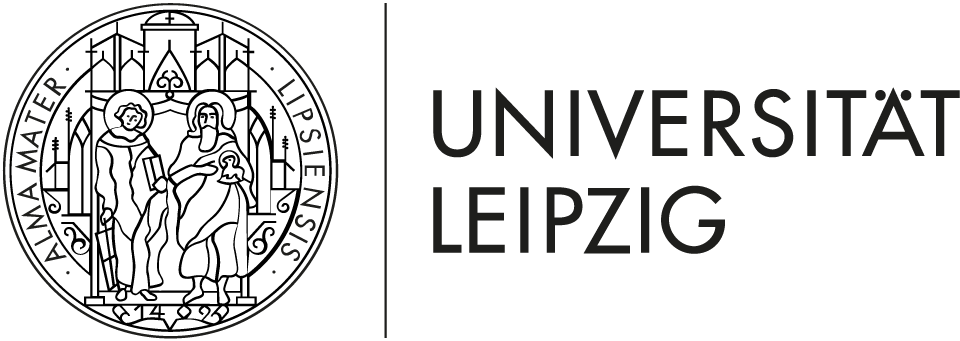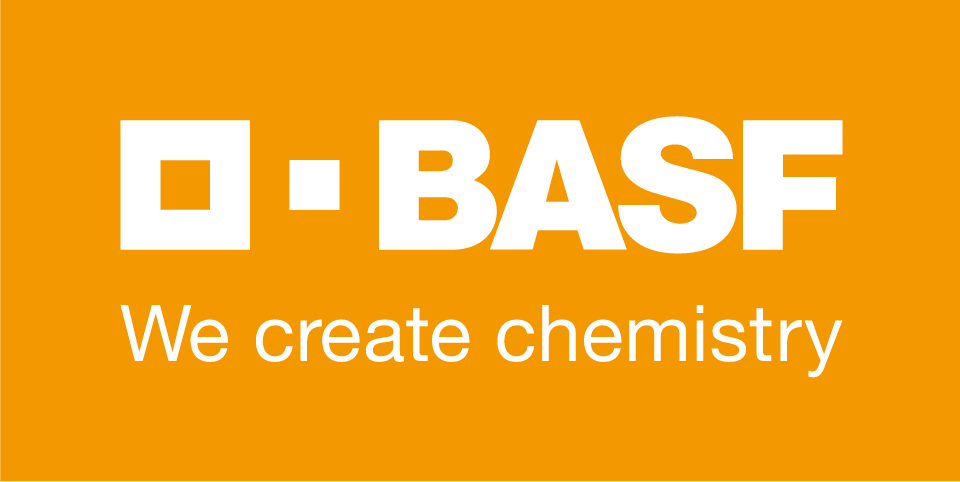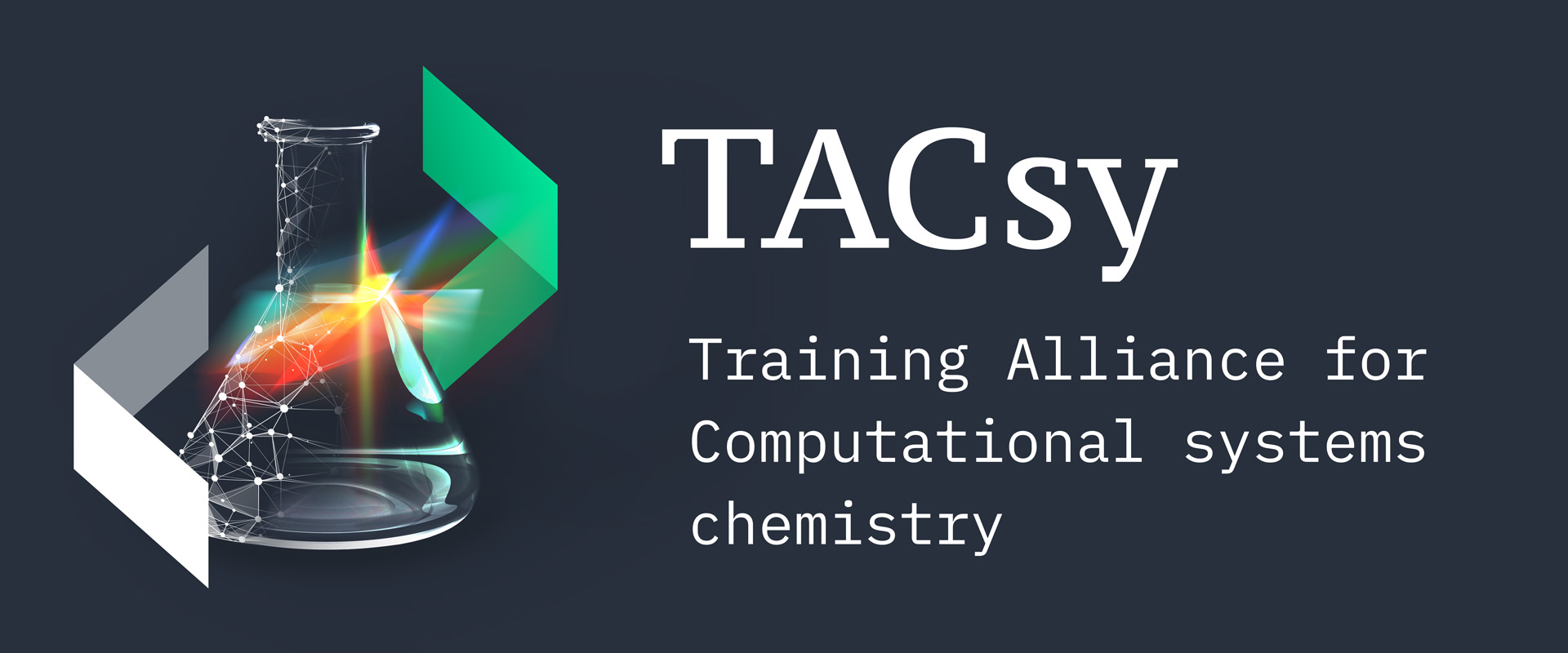The TACsy consortium encompasses 11 partners across 6 countries in Europe and North America, including both academic institutions and industries:
- University of Southern Denmark (Denmark)
- University of Vienna (Austria)
- Leipzig University (Germany)
- Friedrich-Schiller-University Jena (Germany)
- TU Vienna (Austria)
- The University of Sheffield (United Kingdom)
- European Molecular Biology Laboratory (EMBL)
- BASF SE (Germany)
- Fluigent SA (France)
- Thermo Fisher Scientific (Bremen) GMBH (Germany)
- Harvard Medical School (United States)
With their overlapping interests and complementary expertise based on their research profiles, methodological skills, and industrial activities, the TACsy partners form a solid foundation for synergistic interactions to benefit this training programme. They have long-standing collaborations, experience with co-supervisions, double degrees, and joined research projects for PhD students, and a track record of more than 70 joint publications at conferences and in international, highly ranked, peer-reviewed journals. They have created and hosted two international workshops on methods in CSC as part of the prestigious Dagstuhl workshop series and two international summer schools.
All projects have been designed to include the complementary expertise of two or more participants with research visits (secondments) are planned to achieve optimal synergy. Participating organizations are among the best academic and industrial institutions in the world and are in many ways complementary to each other. TACsy research will cover the most important aspects of CSC and address challenging fundamental and applied problems with complementary state-of-the-art approaches. The network has a balanced composition both related to gender issues and to the experience of PIs. Each recruited student will experience excellent local supervision on specialized topics, while the network with all the proposed instruments offers an added value by providing a strong international network.

University of Southern Denmark
SDU is a multi-campus university with 5 faculties, 4000 employees and 32000 students. SDU education is very international with 20% of students from abroad. SDU also favors interdisciplinary teaching and is a pioneer in promoting students entrepreneur skills via a talent programme and a student’s start up incubator that host more than 100 newly born companies.
The Department of Mathematics and Computer Science at the Natural Science Faculty is well known for its expertise in algorithmics, algorithmic engineering, graph theory, and other core disciplines in CS. The research group in Algorithmic Cheminformatics lead by Daniel Merkle is the first to apply graph transformation systems for chemistry and thus pioneering the field of Computational Systems Chemistry.

University of Vienna
The University of Vienna is the largest teaching and research institution in Austrian with 9,500 employees, hosting 6,700 academics within 15 faculties and four centers, dedicated to both basic and applied research. Currently, about 92,000 students are enrolled at the University of Vienna. More than 50 partner universities, approximately 350 ERASMUS partner universities and memberships in organizations such as EUA, UNICA, ASEA-UNINET, and ACUNS ensure excellent international networking at an institutional level.
Department of Theoretical Chemistry at the Faculty of Chemistry is composed of two prominent groups, the Quantum Chemistry and Chemical Dynamics group (head: Prof Leticia González), and the Theoretical Biochemistry group (head: Prof Ivo Hofacker). While the research focus of the former group is on ab initio quantum chemistry to understand relationships between structure, function and dynamics of chemical and photochemical process, the latter group has a strong international profile in RNA computational biology, Chemo- and Bioinformatics. Both groups develop high quality software packages (SHARK and the Vienna RNA Package) which are widely used throughout the scientific community. The expertise in modelling of chemical systems over this broad level of scales is a unique asset of the Department of Theoretical Chemistry and for sure beneficial for the proposed endeavor.

Leipzig University
Leipzig University is one of the 10 largest research universities in Germany with about 5000 employees (more than 400 professors) and 30.000 students.
The Faculty of Mathematics and Computer Science, the Interdisciplinary Center for Bioinformatics, and the institute of Computer Science have a particular focus in Bioinformatics and Digital/Computational Humanities. The bioinformatics group has a strong track record in the analysis of large-scale -omics data as well as the development of widely used tools in the areas of RNA computational biology and high-throughput sequencing. Research on cheminformatics related topics is also well documented since the early days of the group.

Friedrich-Schiller-University Jena
Friedrich Schiller University Jena (FSU) was founded in 1558 as one of the oldest universities in Germany, and is member of the prestigious COIMBRA group. FSU is structured into ten faculties with a staff of more than 8,000 and over 18,000 students and cooperates with more than 200 universities and research institutions in over 50 countries. With the 12 Graduate Research School devotes much resources into the field of Bioinformatics and virology research.
Research in Life Sciences is shaped by a lively network of scientists from a broad variety of natural & life sciences institutes and an umbrella organisation for 5 Innovative Training Networks and 5 Research Training Groups. FSU has implemented InfectoGnostic campus combining industrial companies with academic groups in Jena.

TU Wien
Technische Universität Wien (TU Wien) was founded in 1815 and is Austria’s leading research and higher education establishment on natural sciences and engineering with nearly 30,000 students and around 4,800 staff members. It covers eight faculties, and TU Wien’s statement is Technology for People. Through research the aim is to develop scientific excellence and by doing so TU Wien enhances comprehensive competence. As one of Europe’s leading research universities, its focus is not only on the balance of basic research with applied research, but the high-quality results from excellent research and close cooperation with economy. In 2020, TU Wien was awarded the “HR Excellence in Research Award” by the European Commission for continuously implementing the principles of the European Charter & Code. E-Business and E-Commerce include, besides other influencing domains, rapid changes to economic and social processes. For this reason, the research area pursues taking an encompassing view at such processes reaching from analyzing enterprises and their respective processes to evaluating the entire market, as well as is active in creating ideas and solutions for meeting the demands of the respective stakeholders.

European Molecular Biology Laboratory
Founded in 1974, the European Molecular Biology Laboratory (EMBL) is Europe’s flagship laboratory for the life sciences. EMBL is an inter-governmental non-profit basic research institute funded by public research monies from more than 20 member states. It operates from 6 sites across Europe, with its main laboratory being based in Heidelberg (Germany). EMBL’s mission includes performing basic research in molecular biology, training scientists, students and visitors, offering vital services to scientists in the member states, developing new instruments and methods, actively engaging in technology transfer, and integrating European life science research. EMBL is a hub for the best scientists in the world and its international PhD programme is committed to providing a fine balance between carefully mentoring students and fostering early independence.

BASF SE
At BASF, we create chemistry for a sustainable future. We combine economic success with environmental protection and social responsibility. The approximately 115,000 employees in the BASF Group work on contributing to the success of our customers in nearly all sectors and almost every country in the world. BASF generated sales of about €64 billion in 2017. Further information at www.basf.com
Within our modeling activities, we translate real-world problems into computational models which then enable us to assess the underlying principles, analyze correlations in detail, selectively test hypotheses, optimize parameters and finally help to make better decisions. We apply state-of-the-art methods including large-scale and high-throughput simulations on our supercomputer Quriosity (#115 on Top500 list). We provide this expertise to essentially all of BASF, from R&D to global business operations.

Fluigent SA
Founded at the end of 2005 by Institut Curie researchers, Fluigent is a French SME developing manufacturing and commercializing innovative commercial fluidic solutions and instruments globally, both for researchers (end-user products) and industrials (oem components to be integrated in global instruments). Fluigent has been the first company to introduce pressure driven flow control to the market, as opposed to conventional syringe or peristaltic pumps and is now the world leader. The products are based on patented technologies. Fluigent products are widely used all over the world, with more than 400 peer-reviewed articles citing their products. The products are fabricated in house, and it has two subsidiaries for commercialization, in Germany and US. All the products are CE certified and the company is ISO 9001.

Thermo Fisher Scientific (Bremen) GMBH
Thermo Fisher Scientific is a world market leader in mass spectrometry and scientific instruments. The Thermo Fisher Scientific (Bremen) GmbH site is responsible for the research, development and manufacturing of mass spectrometers and data analysis software. Products include high-resolution mass spectrometers for the life sciences, based on Orbitrap technology, Isotope Ratio Mass Spectrometry, and instruments for Trace Elemental Analysis. Over the last decades several Orbitrap based mass analyzers e.g. LTQ Orbitrap, Q Exactive Family were developed in Bremen.

Harvard Medical School
The School’s Faculty of Medicine includes more than 11,000 individuals working to advance the boundaries of knowledge in labs, classrooms and clinics. The School’s basic sciences quadrangle deploys nearly 200 tenured and tenure-track faculty members and offers 9 PhD programs.
The Department of Systems Biology provides an intellectually engaging environment for researchers across disciplines aiming at developing and integrating new experimental and mathematical techniques in the pursuit of principles that would make the nature of cellular phenotypes more intelligible and their control more deliberate.

The University of Sheffield
The University of Sheffield is a member of the Russell Group of leading UK research universities with an annual income of over £600m. It is a world top-100 University (QS University Rankings 2019) with 99% of its research rated as internationally recognized or better according to the last Research Assessment Exercise. The University has over 26000 students and 2500 postgraduate research students, of which 900 are EU/International.
Chemical and Biological Engineering (CBE) is a thriving department within the University’s Faculty of Engineering. The Department has a vibrant and interdisciplinary research culture with over 140 PhD students.
